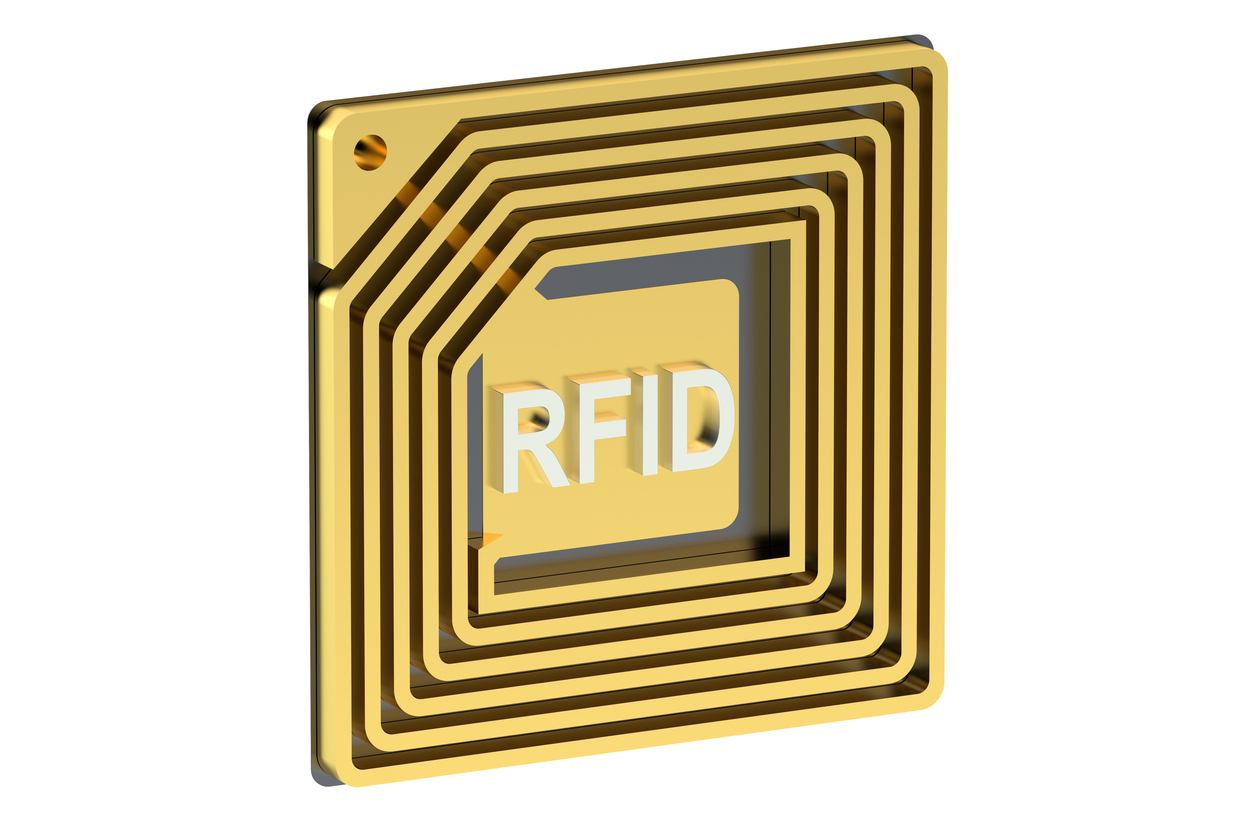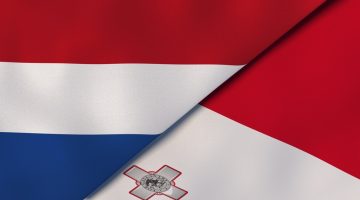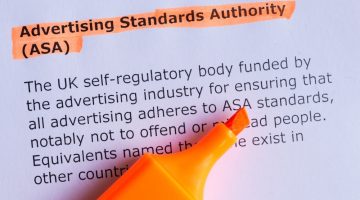5 Ways Hospitals Benefit From RFID Tracking

Keeping track of everything in a hospital is a significant challenge. Knowing the whereabouts of patients, staff, pharmaceuticals and life-saving equipment in these large and often complex buildings is crucial if the hospital is to function properly and provide the best care for patients. The solution for many NHS Trusts has been to implement RFID tracking systems. Here we’ll look at the benefits they bring.
What is RFID technology and how does it work?
RFID is a simple but inexpensive technology that is highly effective at tracking things. In basic terms, a small microchip is embedded into a tag or a sticky label which is attached to objects. By installing a series of readers around the building, the location of the chip and the object attached to it is sent to a central IT system from where it can be tracked.
RFID tags and labels, such as those available from Universal Smart Cards, use radio waves to interact with the reader and don’t need their own power source, which is crucial if you are tracking thousands of items. Chips can also be embedded into smart cards and wristbands so that people can also be tracked as they move around the hospital, enabling them to be located.
- Pharmaceuticals
Hospitals have strict policies in place regarding the use of pharmaceuticals and need to know not only how much of each item they have in stock but also where the medicines are. By attaching RFID tags to bottles and packets it is possible to automate the tracking of existing stock levels so that new supplies can be ordered when required. At the same time, location tracking can enable pharmacists to locate where drugs are stored throughout the building.
The big advantage of RFID is that, unlike the use of barcodes, which need to be manually scanned, RFID chips communicate automatically with the reader as soon as they come within range. The use of fixed readers and shelf antennas makes this possible, though handheld readers can also be used.
Today, some pharmaceuticals come with RFID tags pre-installed by the manufacturers as a way to help hospitals guarantee that the medicines they are purchasing are not counterfeited.
- Patient care
Patients have been issued with ID wristbands for many years. Replacing these with RFID wristbands, however, brings many additional benefits. The obvious advantage is that patients can be located, which can be useful when many leave the ward to use the hospital facilities. More crucially, it ensures that patients with dementia can be found is they wander off.
In addition, the RFID tags can be used to identify a patient and to access their medical records – ensuring that staff have the information they need to treat the patient in the right way. ID data encoded on the wristband links to the patient’s records on the NHS database, guaranteeing that the information accessed is that of the patient and not that of someone else.
A final use of RFID is that it can help cut waiting times and prevent bottlenecks. If patients are wearing RFID wristbands, it is possible to tell if a waiting area is full or if there is a long wait. Having this information means that other patients who are waiting to go can be kept comfortably on the ward until the queue has lessened.
- Staff location and workflow
Staff can be tracked in the same way as patients using RFID wristbands or smart ID cards. However, some hospitals use ‘active RFID’ (a chip with its own power source that sends out its own signals) to provide real-time location tracking. This enables doctors and nurses to be located easily in the case of an emergency whilst also enabling trusts to analyse workflow. Active RFID can also be used with patients.
- Medical equipment
Anyone familiar with hospitals will have seen the numerous pieces of equipment labelled with marker pens, for example, ‘Return to ward 3C’. This practice is indicative of the amount of equipment which, although allocated to a particular part of the hospital, gets moved around or borrowed and ends up missing. While labelling helps staff identify equipment, it doesn’t help them find it.
RFID labels provide the solution for this. If the staff on ward 3C have lent something to ward 3B and then finished their shift, the staff on the next shift will be able to get it back. This can be used for all equipment – there are even laundry tags which can be attached to bedding and pyjamas.
As with pharmaceuticals, RFID tags can also be used for inventory tracking of disposable items such as wipes, bedpans and syringes, enabling hospital managers to know when to order new stock.
- Security
RFID is also used for access control and is a key tool for making hospitals safer. As they are public buildings open to visitors, it is impractical to issue everyone entering the building with an ID wristband or smart card. However, there are highly secure areas within the building that no-one without authorisation can be allowed to go, such as maternity and isolation wards, pharmacy stores and ICUs.
By using an access control system, it is possible to restrict entry to these parts of the hospital to those carrying or wearing RFID authorisation. It is even possible to restrict staff, for example, ensuring that only pharmacology staff can enter drug stores.
Wrapping up
Simple, inexpensive and effective, RFID technology solves many problems for hospitals. It helps them to be safer and better managed, reduces costs and risks, and improves the standard of care they provide to patients.
Read Also:

Dutch And Maltese Gaming Regulators Signs MoU To Prevent Illegal Gambling
The Purpose of MoU Under the MoU, there will be an enhanced cooperation between the…

Operators Pull Out Japan Casino Plans Amidst Uncertain Gambling Regulations
The casinos needed to submit tedious requirements before legalizing the business and face heavy taxes…

GrooveGaming Extends Contract With BetConstruct
The success of the merger showed a high demand for online casino products. GrooveGaming exploited…

Chile’s Casino Operators Receives Coronavirus Relief From Creditors, Investors
The gambling industry is among the industries which suffered the biggest losses. The casinos shut…

A Total Of 70 Gambling Ads Have Been Found By ASA, UK in Q2 2020 on Sites Familiar With Young Audience
The authority has not yet declared the names of the operators, which have been running…

Shape Games Co-Founder Indicates Their Plan To Go Completely Native
The co-founder states that this transformation is in response to tech-giant Apple's revolutionary announcement made…